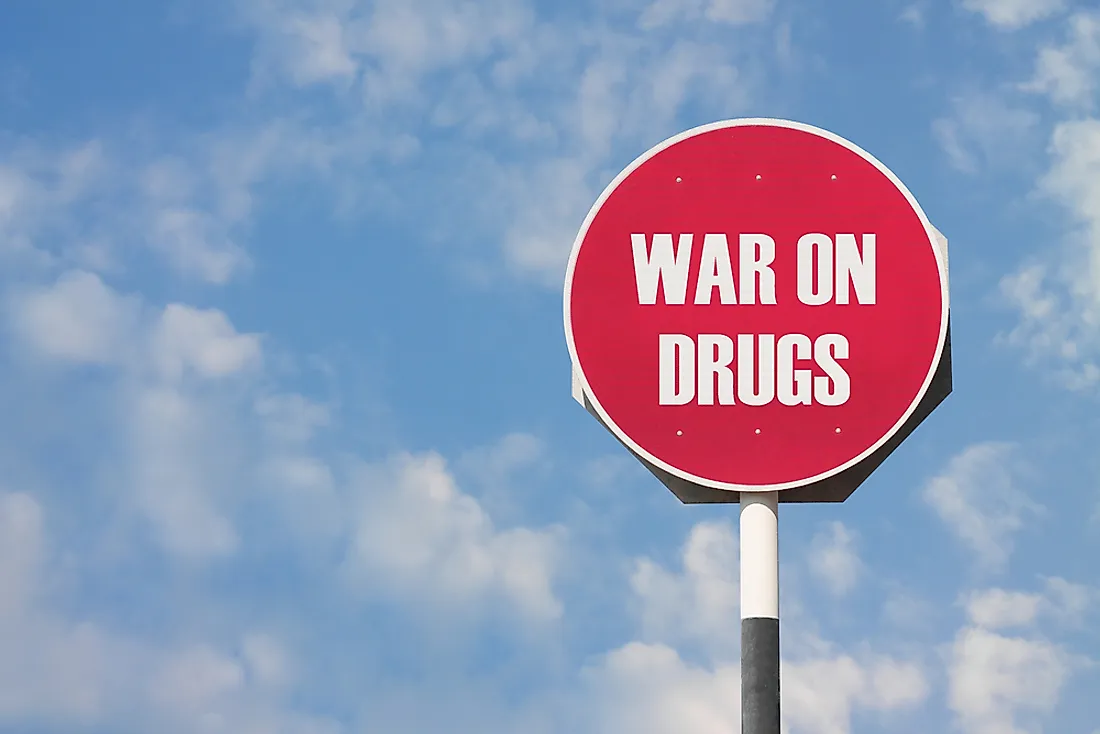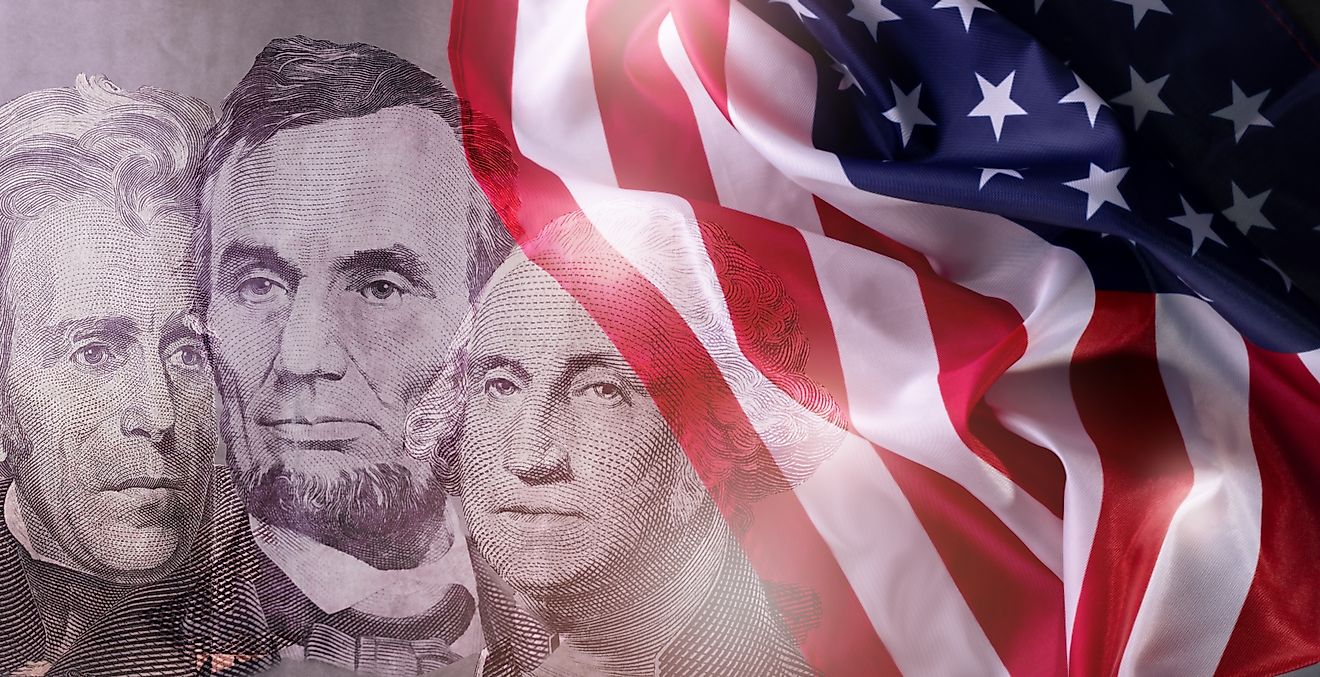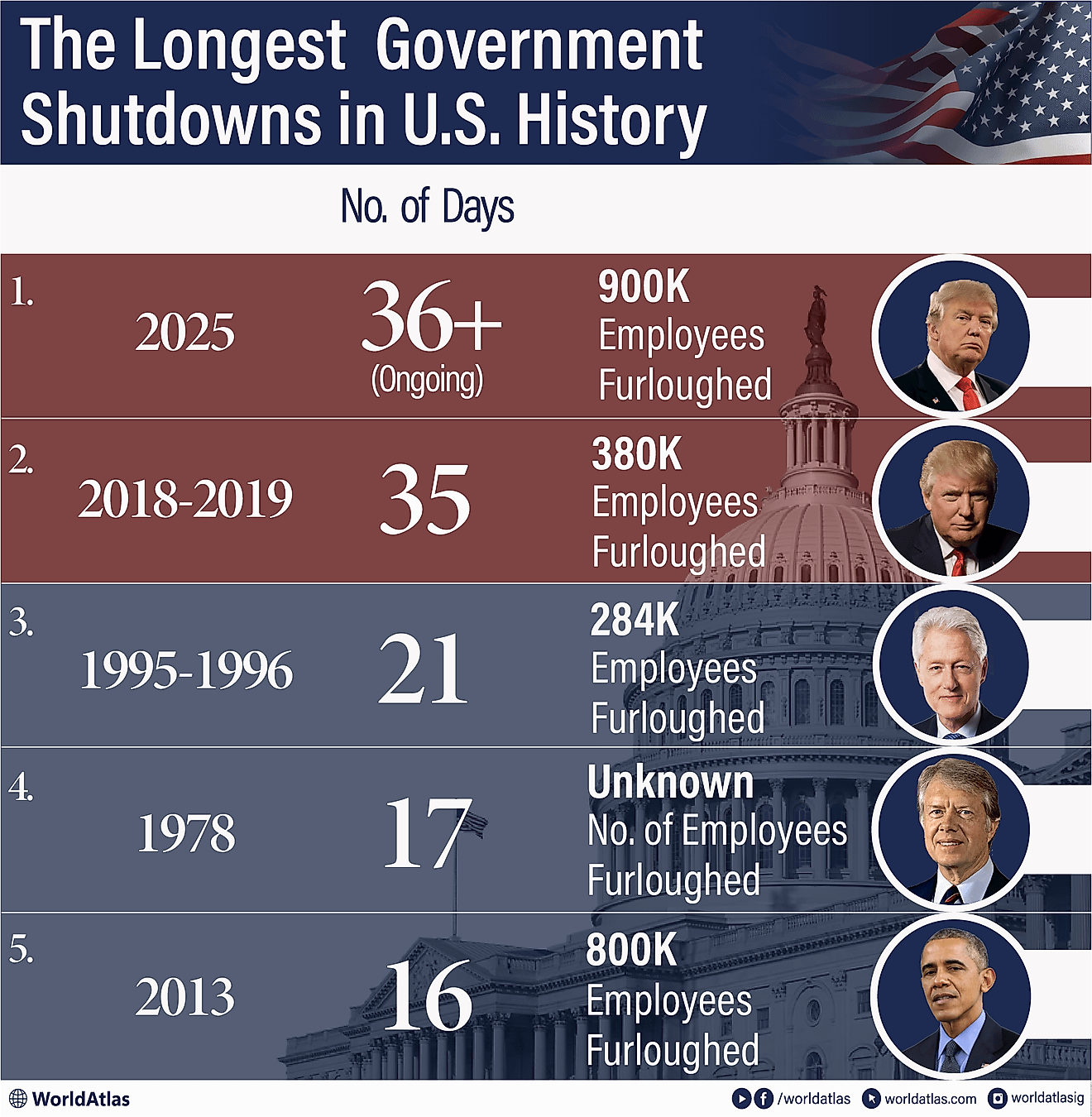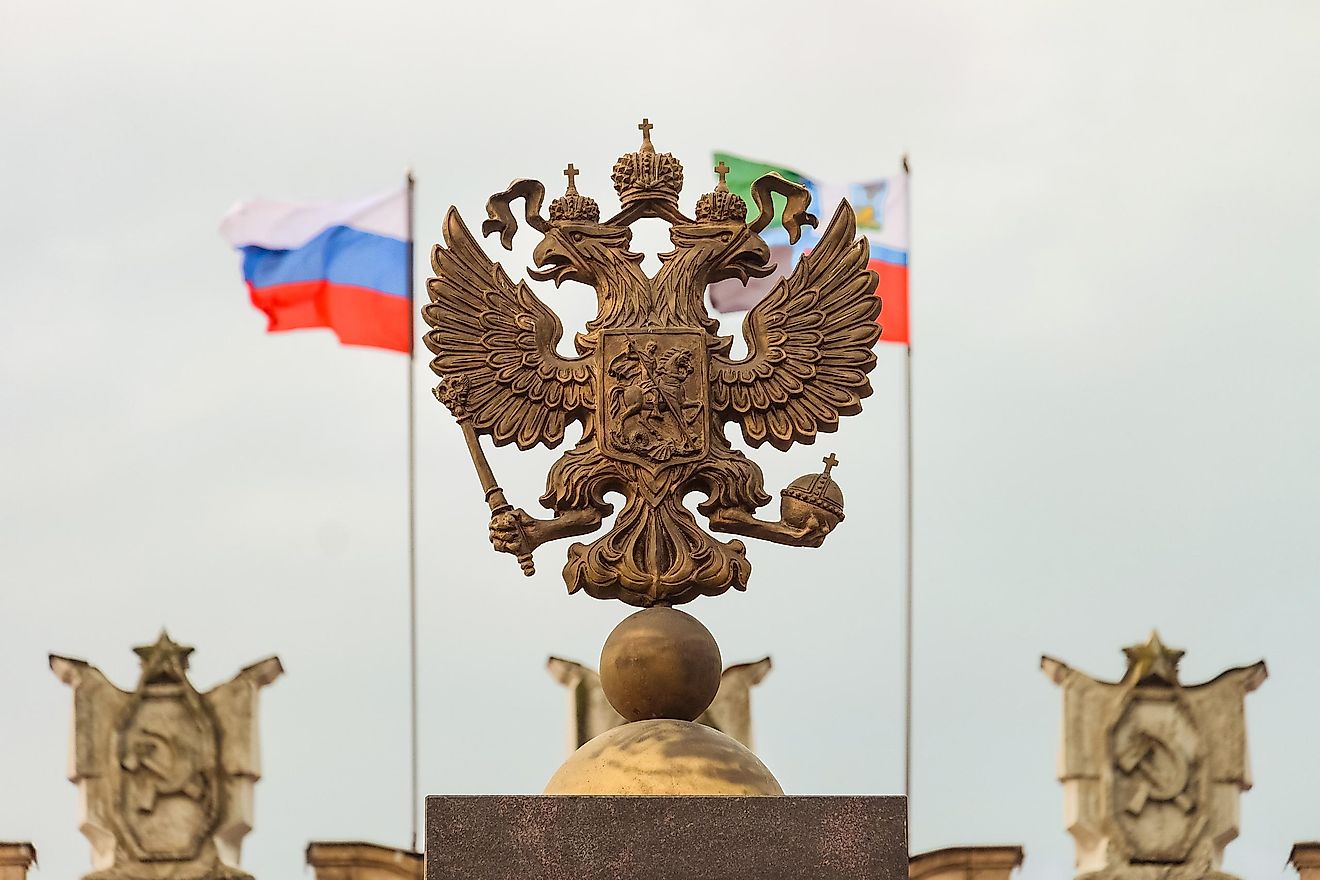What Is the War on Drugs?

The “War on Drugs” is a term used by the United States government that describes their domestic and foreign policies regarding the spread and manufacturing of illegal drugs.
The term reached the mainstream consciousness of America in 1971 after United States President Richard Nixon mentioned the term in a speech and the media picked up on it. Two years prior to this speech, Nixon had formally declared a “war on drugs” with a focus on incarceration and eradication. This earlier declaration was due to Nixon's concerns about drug use during the Vietnam War and the prevalence of illegal drugs on the streets of the United States.
Richard Nixon designated a US $100 million budget in order to fight the trafficking and manufacture of drugs worldwide. This budget has inflated to $27.8 billion in 2018 and diverts many resources that could be used more effectively.
Throughout its legacy, the War on Drugs has gathered its fair share of commentary from critics, who complain that declaring war on something as ambiguous as illegal drugs is just as ineffective as declaring war on terrorism. This article will explore the early history of drugs in the United States, major operations during the War on Drugs, and the criticisms that this policy has faced.
Early History of Drugs in the United States
Marijuana had been used medicinally in the United States since the 1600s but was made illegal in 1937. Many critics of this policy point to the fact that hemp is a cheaper alternative to paper pulp and businesses owned by the elite would lose money if hemp was legal. Opiates, such as heroin, were introduced to the United States by Chinese immigrants as a wellness tonic as well as being widely used during the Civil War to treat pain. In the 1800s, cocaine became a popular stimulant and was even used in the Coca-Cola beverage until 1903.
The military of the Allied nations, as well as the Nazis, used amphetamines during World War One and Two in order to stave off exhaustion and trauma. In 1906, the Pure Food and Drug Act required doctors and pharmacists to label medicine accurately and the 1914 Harrison Narcotics Act restricted the sale of cannabis, cocaine, heroin, and morphine for any purpose. 1914 is seen as the beginning of prohibition for many countries, not just the United States.
Major Operations
Under the guise of the War on Drugs, the United States has funneled money, troops, and other resources (either covertly or openly) to countries in order to stop the spread of illegal drugs. Here are just a few of the major (and known) operations that have taken place during the War on Drugs.
Operation Intercept (1969): This operation aimed to counter the amount of marijuana that was coming across the Mexican border into the United States. Border traffic slowed immensely during this time and due to the interruptions and impeding cross-border travel and work, this operation lasted just 20 days.
Plan Colombia (Ongoing): Under this policy, the United States sends millions of dollars in aid per year to the Colombian government who are fighting against militia groups who fund themselves through the sales of illegal drugs, namely cocaine. The aid that Colombia receives from the United States puts the country at third-most behind Israel and Egypt for US military aid. This operation has divided critics, some claiming it is a success, while others believe that human rights have been tossed to the wayside in order to fight these groups while still allowing drugs to leave the country freely.
Operation Just Cause (1989): Critics claim that this operation shows the hypocrisy of the United States foreign policy as Manuel Noriega (the dictator of Panama) was funding US-backed Contra groups in Nicaragua, the United States pledged to turn a blind eye to his own drug trafficking activities and money laundering. Operation Just Cause saw a full-scale invasion of the country by US troops and Noriega surrendered in 1990.
Criticisms of the War on Drugs
Many observers and international organizations have been critical of the War on Drugs for various reasons. Critics state the ineffective political drug policies of the United States, including propping up corrupt governments, have failed. There is no question that drug-use, trafficking, and related criminal activity has increased monumentally since the 1970s. This is due to the policies surrounding the War on Drugs focusing on non-violent offenders (users) rather than violent drug-dealers.
The War on Drugs has also been criticized for the over-criminalization of individuals. An example of this is the number of arrests for personal drug possession. 82% of all drug-related arrests in the United States are for possession, mainly marijuana possession. The War on Drugs has directly contributed to the United States' incredibly high incarceration rate.
Lastly, many critics are concerned that the United States War on Drugs is fuelling current drug wars and ruthless violence in Mexico, Afghanistan, and the Philippines. These countries have experienced some of the most ruthless drug-related violence ever seen on this planet.
Conclusions
Many states in the United States, as well as Canada, have begun the process (or already have) of legalizing marijuana. This will lead to fewer arrests of non-violent criminals as well as the police force focusing on drugs that are harmful rather than medicinal. Hard drugs such as cocaine and heroin still remain major problems in many North American cities today. After a 40-plus year campaign, the War on Drugs is seen as a colossal failure by anyone who has researched incarceration rates for non-violent criminals, the spread of illicit drugs throughout North America, as well as the poor techniques used by police to enforce many outdated drug laws.











